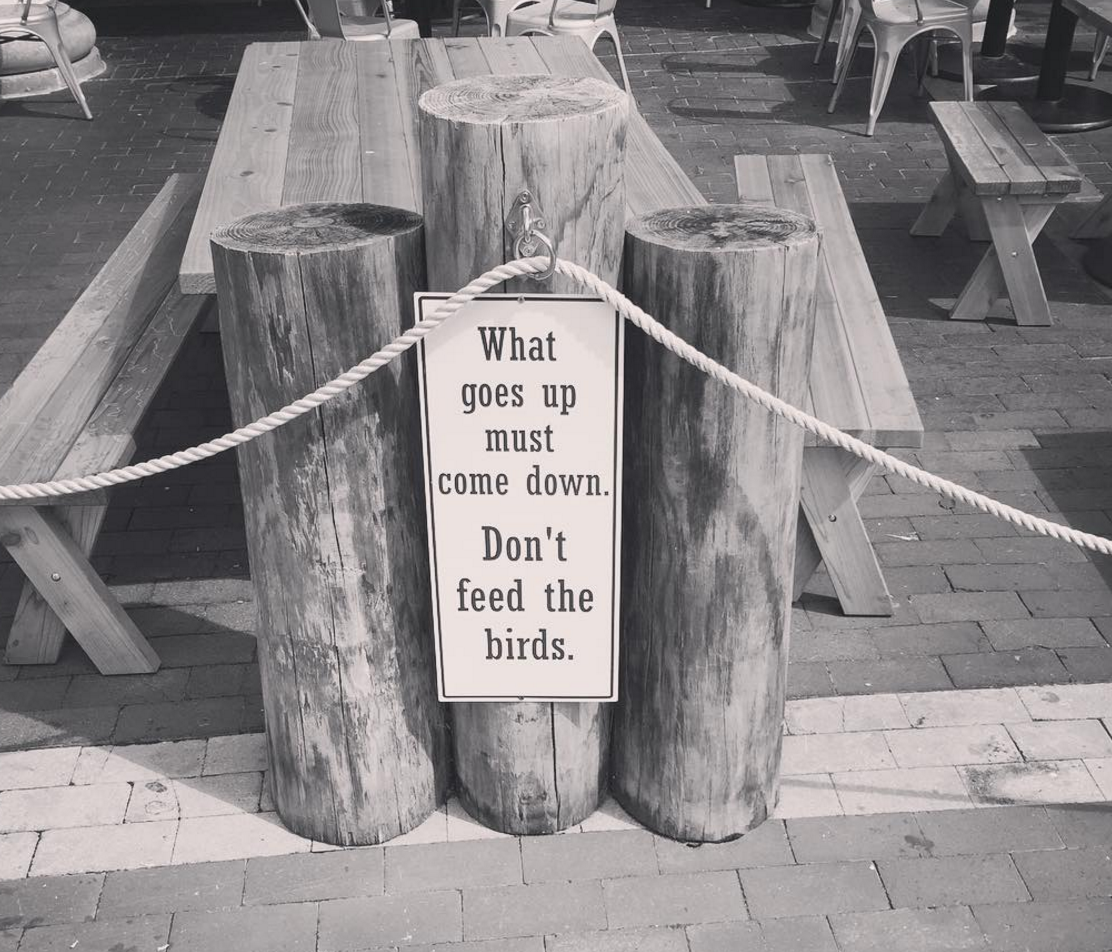
Relationships are weird.
We have names to describe all sorts of the relationships we have with other humans.
Friends. Acquaintances. A husband or wife. Brothers and sisters. Father. Son. Mother. Aunts and uncles. A cousin.
So many names that indicate the context of a relationship.
Bosses and employees. Boardmembers. Colleagues or coworkers. Neighbors.
Defendants and plaintiffs. A judge and jury.
Customers or clients.
In all of these relationships, who is in control?
Over the past few years, I’ve worked directly in customer support for companies that make software.
It’s a job I’ve come to really enjoy. It brings a lot of purpose to my work.
People buy a product or subscribe by paying a monthly fee to use a product, and they have questions or requests. Someone needs help, and you help them. That’s my job. It’s to satisfy these questions and requests.
It’s an incredible feeling when someone says something nice about you or the product. The folks that work in customer support know they get the glory first. The warm fuzzies. The good vibes from the satisfied people that use the product.
But you can’t satisfy everyone.
For all the glory, there are people who only want to argue with you. The ones who say they have a question, but don’t ask one and end their email with please advise. The people who aren’t a good fit for your product. And don’t know it yet.
Customer support can get ugly. When a customer says something not so kind, it can really take the wind out of your sails.
I’ve learned you shouldn’t take it personal. After all, they’re not blaming you, specifically. They’re blaming the product. You’re not the product. You’re you.
But that’s hard to do. Real damn hard.
Over the past few years, I’ve found myself in a fair share of arguments or disagreements with customers. Situations where I get really worked up at times.
So worked up I take it out on the people around me. Or so angry, I need to take a walk. Or play music like this with the volume turned all the way up.
When I feel like this, I realize it’s because I care. And it’s because I care a lot.
I care about my job. And the people I work with. I care what people say about me and them. I care about the product.
I take pride in being able to help people. If someone is complaining, it’s my job to address it and listen. To try to understand why, so we can improve the product.
But when someone says something nasty or uncalled for, it’s hard not to take it personally. It’s so hard to give it a good five minutes. To take some deep breaths before replying and do something silly.
And because it’s hard, I’ve had my fair share of spirited back-and-forths with customers. Email conversations or threads that are exhausting. That are a road to nowhere and that leave me mentally spent.
Why do I do this to myself?
It’s because I care too much.
Gordon Livingston was a therapist and author. He wrote lots of books on being human.
In one of his books, Too Soon Old, Too Late Smart: Thirty True Things You Need to Know Now, he shares a lot of wisdom.
Each chapter is a truth that you need to know. And one chapter is on relationships. Livingston had lots of experiences with relationships, and cites helping couples navigate their marriages.
Here’s his truth about relationships:
Any relationship is under the control of the person who cares the least.
Livingston continues to explain that in these marriages, there is one person that cares a lot more than the other. The person who cares the most is at wits end about what to do. This person is pushing for the marriage counseling and they’re the one invested in the relationship.
And if the other person is not, the person who really cares feels powerless.
This idea really hit me.
It got me thinking about my own world. How I let myself get so worked up when a customer says something unkind. And how I care too much, putting the other person in control.
When I care too much, I’m putting the other person in control of a relationship I shouldn’t even be in.
You have to have thick skin working in customer support. You have to let some things go. One person being upset isn’t a reflection of you or the majority of people that use the product.
It sounds backwards, but you’ve have to care less. Not more.
This applies in every relationship in life too.
A boss or colleague might not respect you. Or a neighbor or an acquaintance might be rude. You might disagree with others about politics, and others might say hurtful things to you.
If you get worked up and care too much about what they say, you’re putting that person in control.
That’s what they want too. The control. Don’t let them have it, they don’t deserve it.
Care less.
If you found this post helpful, please click the heart below to share it with others.
This was originally published on my blog. I also transcribed an interview with Gordon Livingston that you might enjoy, check it out here. And if you’re looking for a great summary of his book mentioned in this post, I’d recommend reading through Derek Sivers’ notes here.

